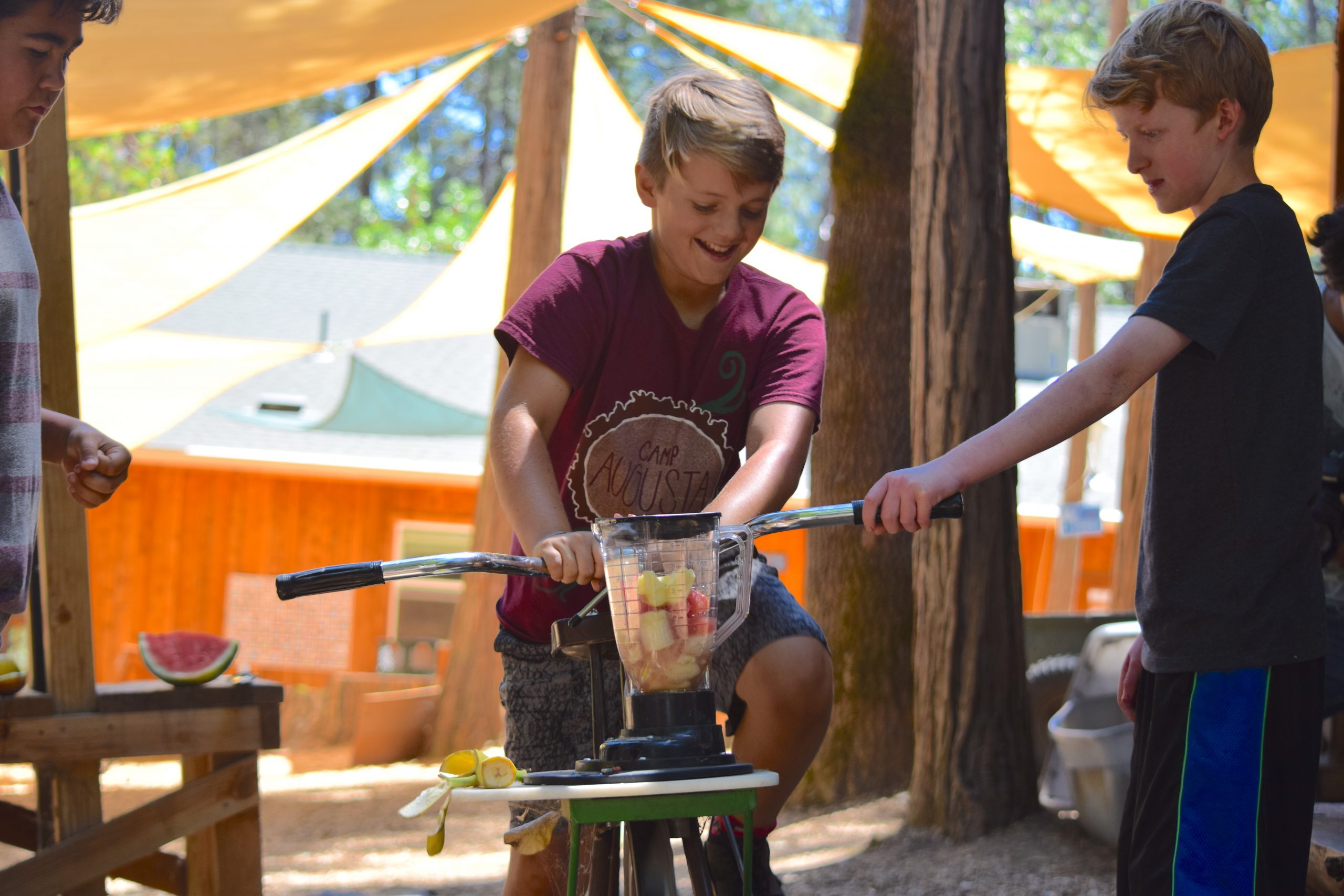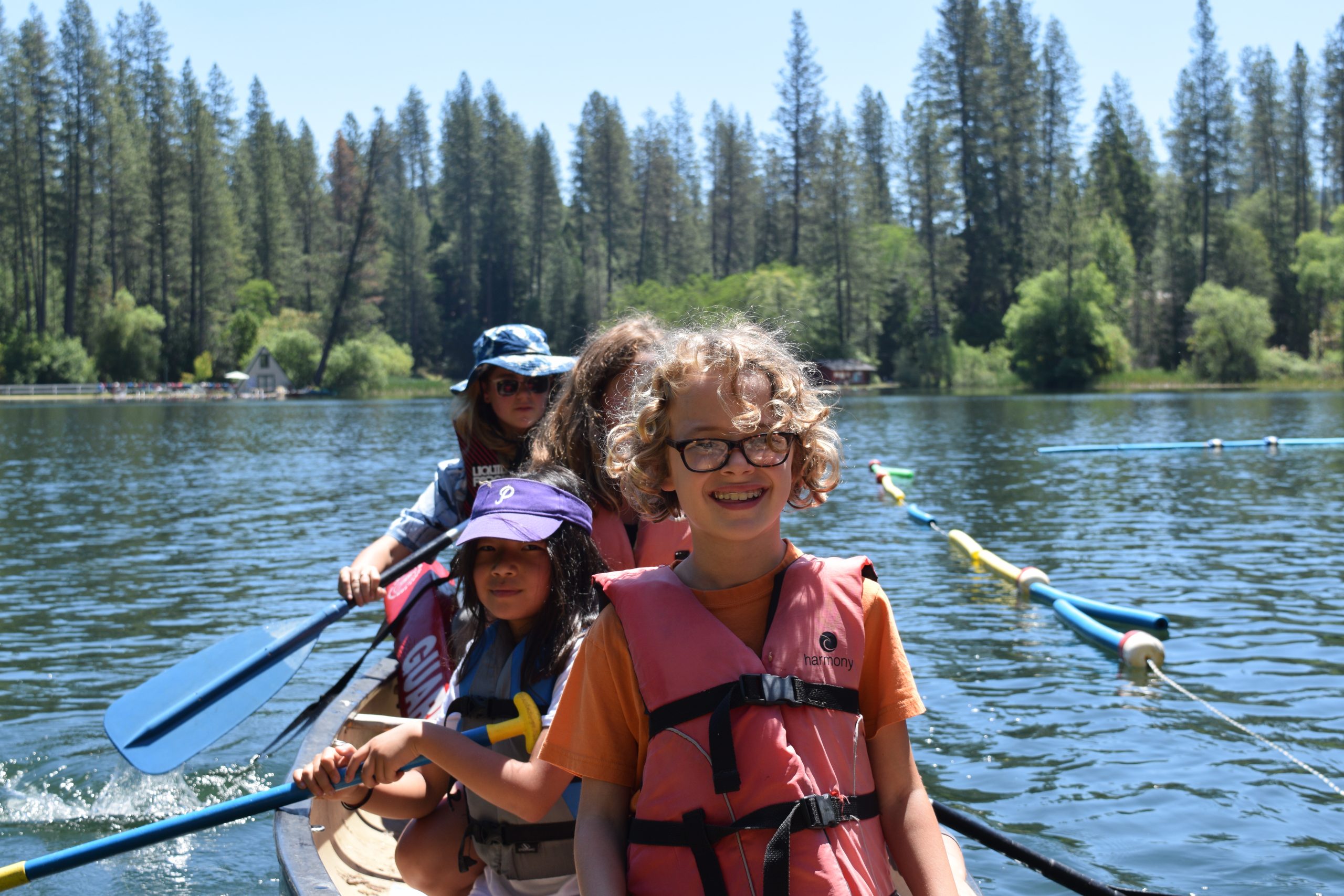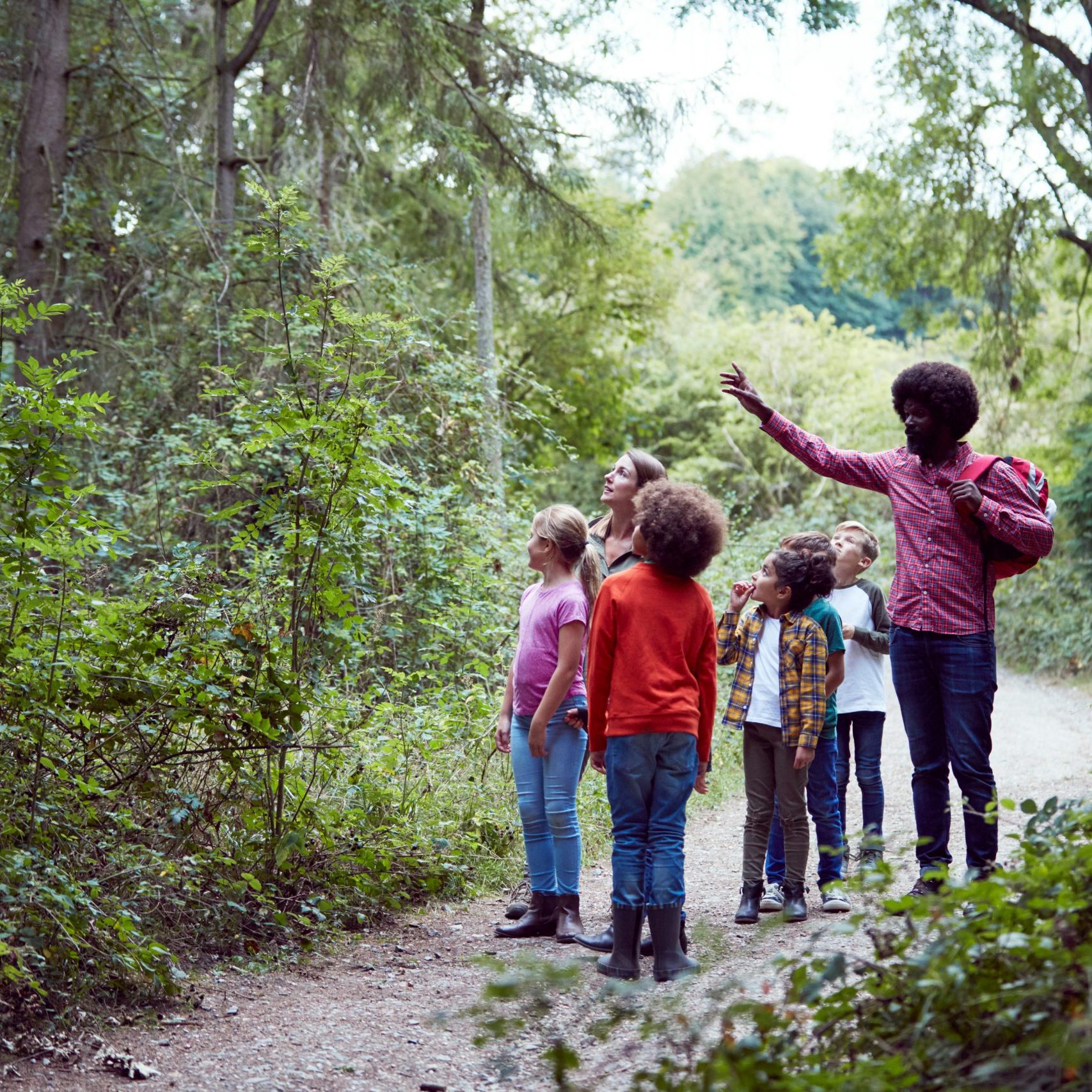Different Types of Summer Camps
While it’s true that there are hundreds of types of summer camp jobs out there and no two camps are exactly alike, we’ve broken a few of the more common varieties down based on programming, activities, who they are owned by, and who their intended camper is.
Types of Camps By Program (how they operate)
Before anything else, decide on what kind of schedule you’re willing to commit to. Different camps have different operating dates, times, and even seasons.
Day Camps
Day Camps
Often located close to metropolitan or suburban areas, these camps operate with hours similar to a regular school day, where campers are dropped off in the morning and go home each evening. These range in type and can be associated with certain activities or organizations. Some day camps partner with local facilities and offer field trips such as pool days and library visits.
Residential Camps
Residential Camps
Also called ‘sleepaway camps,’ these camps offer a variety of sessions that can range from one to eight weeks. Typically, campers will be bunked with other kids of a similar age in a cabin or dorm and will get the chance to experience a variety of activities and programming. Though popularized by the iconic east-coast camps, residential camps can be found all across the country.
Conference and Retreat Centers
Conference and Retreat
Some camps have year-round operations that vary. For some, their summers are run in the style of a typical residential camp, with other programming running through the “off-season.” Others run unique programming for the entire year. A few programming examples include team-building courses, corporate retreats, and rental sites for weddings and events.
Types of Camps by Activity
The following examples of kinds of camps are specific to the activities they focus on, or what the campers do while at camp. If you are called to teach or coach a specific subject or find a camp that aligns with the field you want to work in, choosing a camp based on activities offered might be the best choice for you.
Academic Enrichment
Some camps either offer academic or other educational enrichment activities or operate with a sole focus of advancing skills in a specific field. Space Camp might be one of the most well-known examples, but some camps specialize in Math, Science, Engineering, Coding, Robotics, Chess, Entrepreneurship, Technology, and Architecture.
Arts & Performance
Most summer camps have an arts program, but some camps are entirely art-focused. There are camps that offer programs in Ceramics, Painting, Fiber Art, Digital Art, Filmmaking, Writing, Culinary Arts, Dance, Theater, Music, Composition, Photography, Circus Arts, Stagecraft, Costuming, Stage Makeup, and oh so many more.
Sports
Basketball, soccer, tennis, volleyball, swimming, you name it! If there is a sport that enough people are passionate about, there will be a camp that focuses on that particular sport. Some sports camps include the traditional camp experience into their programming, and others that focus entirely on the development of skills.
Travel & Expedition
Some camps offer expedition programming like backpacking trips, service trips, travel, and more. Wilderness programs may take on the form of traditional backpacking, or might focus on kayaking, rafting, horse packing, mountain biking, rock climbing, or some combination of those and more. To work at these types of camps, different certifications may be required.
Nature
Many camps are nestled into stunning natural surroundings, be they mountain, forest, coastline, or desert, but there are camps whose mission is to make nature the main focus of the summer. Nature-focused camps may offer programming that includes outdoor education, environmental studies, gardening, animal care, or survival skills.
Equestrian
While some camps have horses in addition to other activities, there are entire camps across the U.S. dedicated to horsemanship that cater to beginners, advanced riders, and everything in between. Specialties range from riding to care and maintenance of horses, jumping skills, hunting, stable management, showmanship, and overnight trips.
Challenge & Adventure
Teambuilding through challenge and adventure is a common focus of many camps, with activities ranging from ropes courses to survival skills to self-development seminars. Many organizations focus on personal growth, emotional intelligence, and leadership skills and invite groups, teams, corporations, and more to participate in bonding activities.
Mixed
Many camps are not oriented around just one of these activity types. These camps incorporate many different activity types to provide a varied experience for their campers. Some even choose to focus on communication styles, emotional development, and educational philosophies. These camps offer a wide range of camper-led choices.
Adult And Family Camps
Camp isn’t only for kids, in fact, there are plenty of camps that cater specifically to adults or families. Family camps may operate similarly to kids camps, or they may be more free-form. Adult camp programming may focus on fitness, therapy, nature, personal growth, and activities, or they may simply provide recreation and unforgettable fun.

Types of Camps By Owner
If the way a camp’s decisions are made, you may take special care in choosing a camp based on the kind of ownership they have.
Non-Profit/Agency
Non-profit organizations use surplus revenues to further their goals instead of distributing those revenues as profit. Oversight and direction of a non-profit camp is not the responsibility of an owner, but is most often managed by a board of directors.
Private/Independent
Many privately owned camps have been around for a long time and are steeped in their own personal traditions and values. Private camps may operate for profit, and can be run by individuals, groups, or businesses as part of their services.
Religiously Affiliated
There are many religious-affiliated camps that are oriented around faith-based activities and studies. These can be overseen by specific local churches or religious groups or larger national organizations like YoungLife or the Salvation Army.
What Type of Camp is Camp Augusta?
Summer Camp Counselor Jobs was put together by the team at Camp Augusta, a non-profit residential camp in Northern California. We classify ourselves as a small, residential camp offering a wide range of activities, including circus arts, advanced crafts, and equestrian. We are not associated with an organization and are owned by a board of directors, and or programming spans from 1-2 week sleep away sessions for children, day camps for local schools, weekend family camps, and more. To learn more about Camp August and to apply, head to campaugusta.org.

What’s Next?
Now that you have an idea of some of the many kinds of camps available, we hope you find the one that’s a perfect fit for you! From here, you can explore different types of camp jobs, or find summer camp jobs near you (or where you want to be!).
We make it our mission to gather all the necessary information to help you find your perfect camp job. Contact us to learn more.


